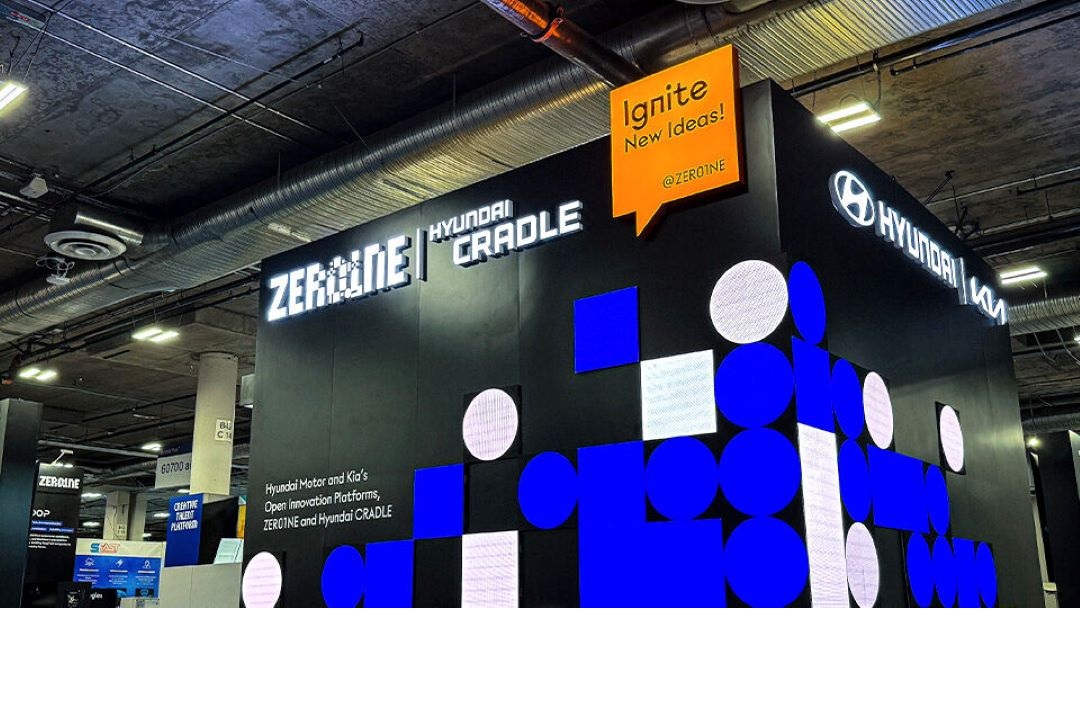Hyundai Motor Company and Kia Corporation have unveiled the Integrated Greenhouse Gas Information System (IGIS), an advanced platform designed to track, measure, and manage carbon emissions across the entire vehicle lifecycle. Utilizing the Life Cycle Assessment (LCA) methodology, IGIS provides an in-depth evaluation of carbon emissions from vehicle production through to end-of-life disposal. This method ensures precise tracking of emissions, guaranteeing accurate and reliable data.
The system monitors energy use across Hyundai and Kia’s global manufacturing plants, creating a thorough record of carbon management efforts. Additionally, IGIS collects LCA data from suppliers and component manufacturers to calculate the carbon footprint and forecast greenhouse gas emissions throughout the supply chain.
Blockchain technology enhances the platform’s data security, preventing manipulation and ensuring the integrity of the emissions data. This transparent and robust approach fosters confidence in the accuracy of the information provided.
“We are making a significant advancement in our goal to reach carbon neutrality by 2045 with the introduction of IGIS,” said Eunsook Jin, Executive Vice President and Head of ICT Division at Hyundai Motor and Kia. “This system supports our commitment to creating a responsible value chain and exemplifies the innovation we’re driving in the automotive sector.”
The launch of IGIS builds on the success of the Supplier CO2 Emission Monitoring System (SCEMS) introduced in 2023. It is expected to enhance data management, increase operational efficiency, and streamline processes by integrating with existing systems at Hyundai and Kia.
By incorporating emissions data, IGIS will help the companies respond quickly to evolving global environmental regulations and meet external certification standards such as CDP and RE100. This proactive approach will reinforce Hyundai and Kia’s dedication to sustainability. Through the IGIS platform, Hyundai and Kia are further cementing their commitment to environmental responsibility, adopting innovative technologies to ensure a sustainable future in the automotive industry.
Hyundai Motor Group is a global leader in mobility, steel, construction, logistics, finance, IT, and services, with over 250,000 employees worldwide. Its brands, including Hyundai, Kia, and Genesis, aim to create a better future through creativity, collaboration, and a commitment to overcoming challenges.







